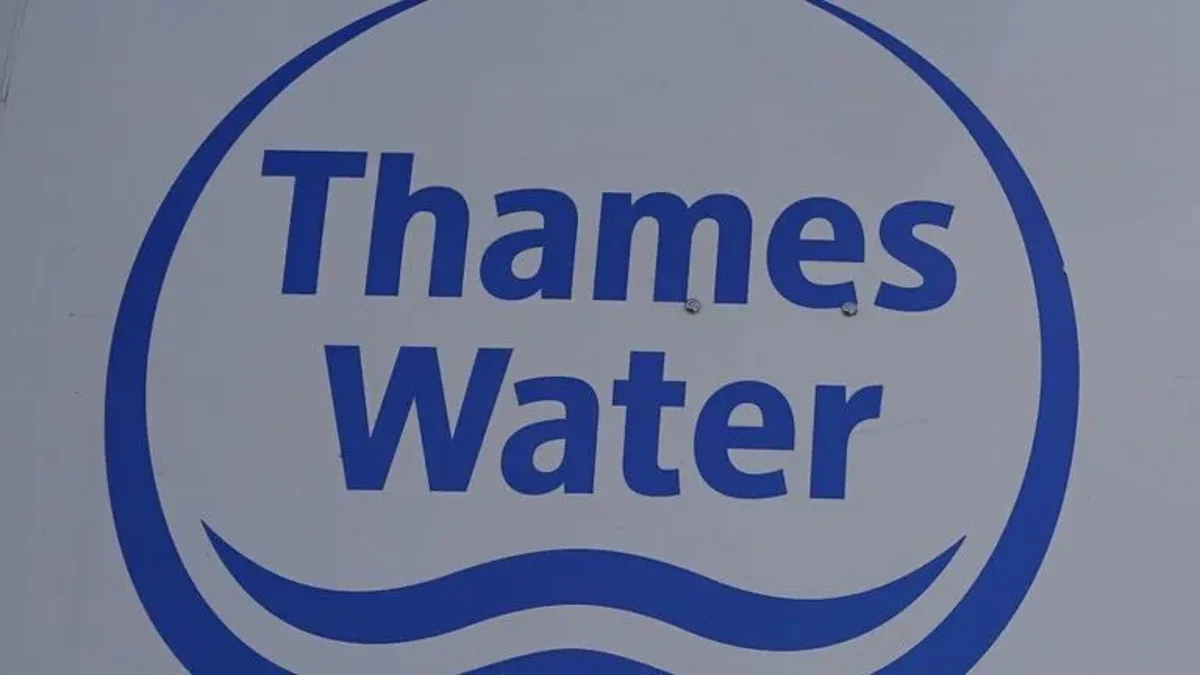
Contingency plans are being drawn up for the collapse of England’s largest water supplier amid fears of a multi-billion taxpayer bailout.
Ministers and regulator Ofwat have started talks about putting Thames Water into special administration. The company, which serves 15 million customers – about 27 per cent of the population – has debts of £14bn.
Any deal would essentially take the company into public ownership, with taxpayers already being clobbered by higher bills likely to pick up the tab.
It comes less than 24 hours after chief executive Sarah Bentley announced she was stepping down with immediate effect after three years in the job.
She was forced to give up her bonus after the company’s environmental and customer performance suffered.
Thames Water had been found to have discharged raw sewage into rivers where it operates. It has also come under intense scrutiny in recent years because of its bad record on leaks, sewage contamination, executive pay and shareholder dividends.
Despite giving up her bonus Ms Bentley, netted £1.6m in pay and compensation.
Energy supplier Bulb, which had around 1.5 million customers, collapsed in 2021 and was placed into a similar insolvency process.
Thames Water’s bigger size has sparked fears that the insolvency process could cost billions of pounds. Water industry ownership restrictions that prevent consolidation mean the money spent on the bailout of Bulb could be dwarfed if Thames Water was to fail.
Sarah Bentley was paid £1.6mn despite giving up bonus— (PA)
Environment minister Rebecca Pow told the Commons: “There is a lot of work going on behind the scenes with Thames Water to ensure that customers will not be impacted. And there is a process in place if necessary to move us to the next stage.”
Business secretary Kemi Badenoch said she was “very concerned” about the disclosures but that efforts must be made to make sure the company “survives”.
Mel Stride, the work and pensions secretary, said the government had “contingency arrangements” in place.
“What I’m supremely confident of is whatever the situation is at Thames Water, the water will continue to flow,” he said.
Mr Stride would not be drawn on a bailout, adding: “There will be numerous conversations going on between Ofwat and government, and government and that company, and the company and Ofwat, I’ve no doubt.”
“Contingency plans will be well advanced,” he added
Thames Water has said it is working “constructively with its shareholders” in relation to further funding needed for its turnaround.
In a statement, the company said: “Ofwat is being kept fully informed on progress of the company’s turnaround and engagement with shareholders.
“Thames Water continues to maintain a strong liquidity position, including £4.4bn of cash and committed funding, as of March 31 2023.”
Meanwhile, drought plans have been stepped up in England due to significant increases in water demand, as June is set to be the hottest on record.
The Met Office said it has not recorded a June this hot in the UK since it began collecting temperature data in 1884, while reservoir, groundwater and river levels in some areas have been declining.
The National Drought Group (NDG), including the Environment Agency (EA), the Met Office, water firms and environmental groups, met on Wednesday to discuss how to adapt to changing water resources.
Companies, retailers and regulators were advised to prepare for more consistent hot and dry weather in the coming months, and make improvements to tackle possible droughts as a result.







